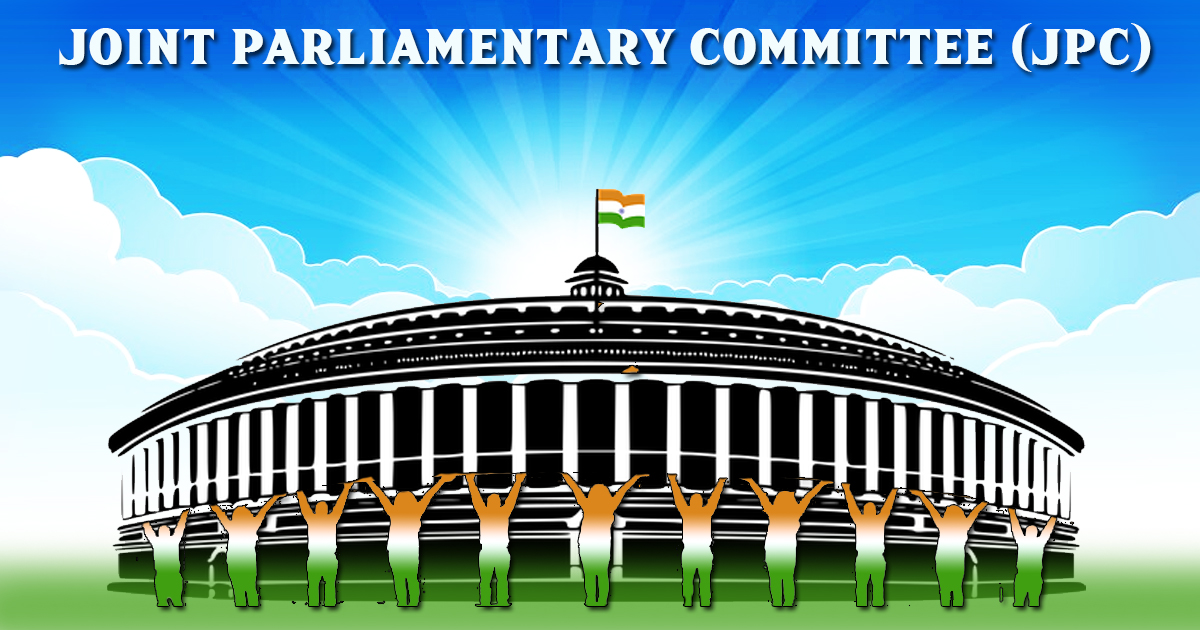Introduction
In a parliamentary democracy, ensuring accountability of the executive is paramount. Joint Parliamentary Committees (JPCs) serve as a potent instrument for Parliament to scrutinize the government’s actions and decisions on specific issues. This essay elaborates on the objectives, provisions, limitations, and potential ways to strengthen JPCs for effective governance.
Objectives
In-depth Scrutiny: JPCs undertake a deep dive into complex matters, gathering evidence, examining witnesses, and analyzing documents. This enables a more comprehensive understanding than regular parliamentary discussions.
Unbiased Investigation: Composed of members from both ruling and opposition parties, JPCs strive to provide an objective assessment, fostering transparency and public trust.
Recommendations for Improvement: JPCs culminate in a report outlining their findings and recommendations for corrective measures or policy changes.
Provisions
Formation: A motion in one house of Parliament, followed by concurrence from the other, initiates the process of forming a JPC. The motion also determines the committee’s composition, chairperson, and terms of reference.
Powers: JPCs are empowered to:
- Summon witnesses and administer oaths for testimonies.
- Access and examine relevant documents and records.
- Visit sites connected to the subject under investigation.
Reporting: Upon completion of the inquiry, JPCs submit a report to both houses of Parliament, detailing their findings and recommendations.
Limitations
Ad-hoc Nature: JPCs are temporary bodies established for a specific purpose. Once they submit their report, they are dissolved, limiting their long-term impact.
Non-binding Recommendations: The government is not legally bound to accept JPC recommendations, though they carry significant moral weight and can influence policy decisions.
Political Considerations: Partisan politics can sometimes influence the composition and functioning of JPCs, potentially impacting their objectivity.
Enhanced Powers: Expanding JPCs’ powers, such as granting them the authority to subpoena witnesses or hold the government accountable for non-compliance with recommendations, could strengthen their effectiveness.
Time-bound Reports: Establishing timeframes for JPC investigations and report submissions can streamline the process and ensure timely action on recommendations.
Parliamentary Oversight: Strengthening parliamentary oversight mechanisms to monitor JPC functioning and hold the government accountable for implementing accepted recommendations can be crucial.
JPCs play a vital role in ensuring a robust parliamentary democracy. By addressing limitations, JPCs can become effective tools for scrutiny, accountability, and good governance, fostering improvement and empowerment. A well-functioning JPC system fosters public trust in Parliament and strengthens the pillars of a healthy democracy.
 Chinmaya IAS Academy – Current Affairs Chinmaya IAS Academy – Current Affairs
Chinmaya IAS Academy – Current Affairs Chinmaya IAS Academy – Current Affairs
